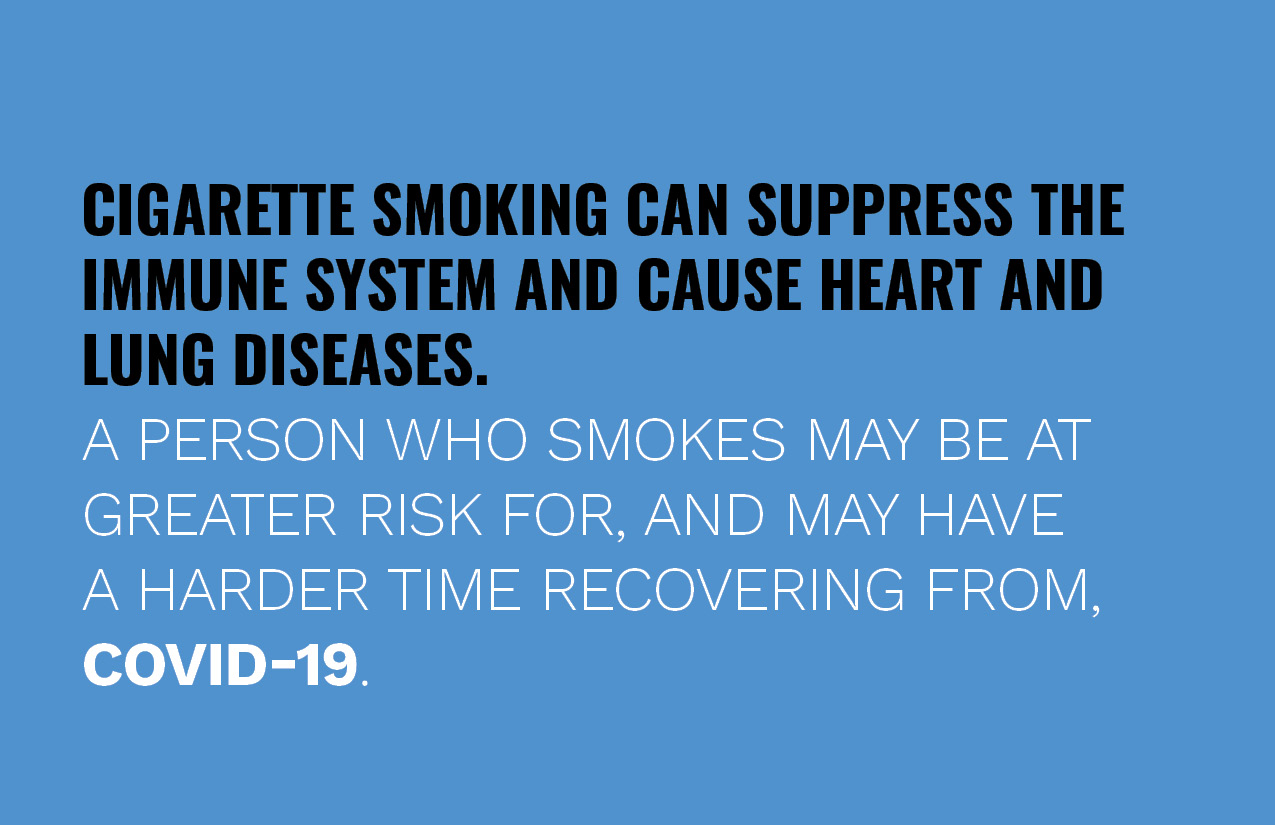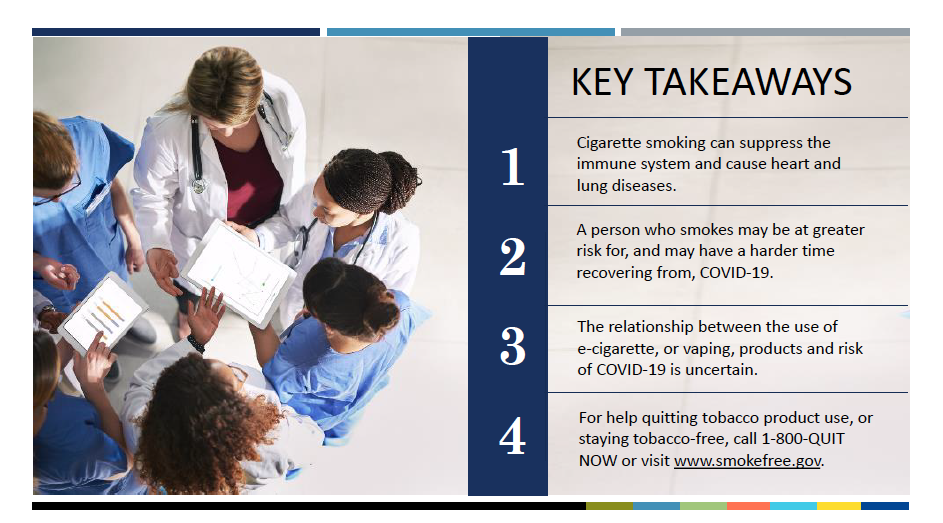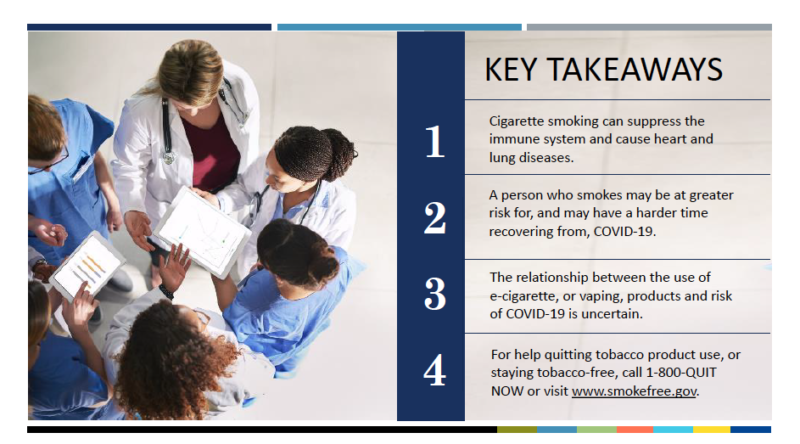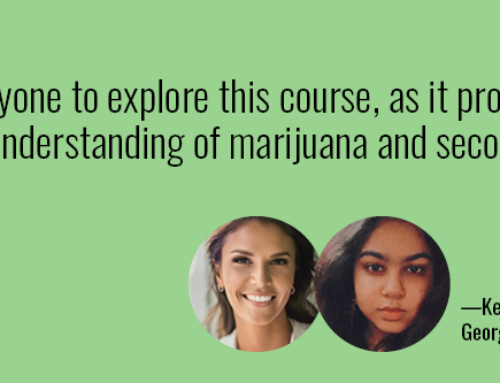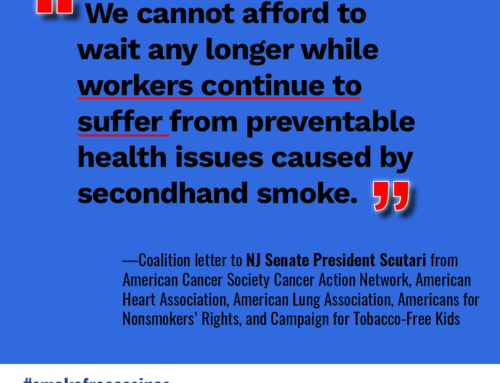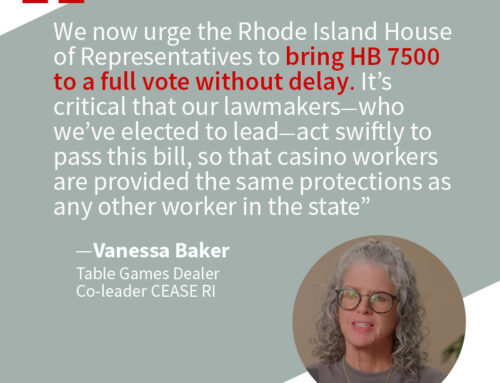Misinformation and Coronavirus
We continue to update our post related to respiratory risk factors and COVID-19. In the meantime, there has been no shortage of claims made about various unproven data and anecdotes about what may help or worsen conditions related to coronavirus. Unsurprisingly, the tobacco industry has been supportive in spreading these claims in an effort to continue to market and sell their addictive and deadly products.
Nicotine and COVID-19
One such headline that seems to be catching some air time demands an evidence-based response—nicotine is NOT a cure to lessen the impact of coronavirus exposure or COVID-19 symptom control. Misleading information reporting a collection of French statistics has led to clickbait about the relationship between smoking and COVID-19. These claims do not stand up to the scientific rigor of peer-reviewed data. Relying on a very small sample size from a single hospital in France of only symptomatic COVID-19 cases significantly limits the capacity of the results to answer the question of whether or not nicotine use and smoking status impacted the outcomes for these patients.
The bottom line is that much like we do for other questions facing tobacco control, we have to look at all the available science when making recommendations (e.g. as we do when synthesizing evidence in Surgeon General’s Reports). Further research is still needed on the precise relationship between COVID-19 and smoking, but at present, the current body of science tells us: smoking suppresses the immune system and causes heart and lung diseases; a person who smokes may be at greater risk for, and may have a harder time recovering from, COVID-19; and now is a better time than ever to quit smoking.
—Dr. Brian King, Centers for Disease Control, 4/17/20, American Lung Association Webinar
Evidence to the contrary continues to grow as researchers have access to more than 50 years of published evidence, including multiple Surgeon General reports, on the impact of smoking and secondhand smoke to diminished lung function and respiratory infections, weakening of the immune system, and other chronic health conditions including chronic obstructive pulmonary disease (COPD), heart disease, and diabetes.
Tobacco use remains the world’s leading cause of preventable death, and secondhand smoke claims the lives of 100 Americans every day. The public health community must be more vigilant than ever to ensure life-saving, smokefree protections for everyone—no matter where they happen to be planning to return to work. For those who currently use tobacco products, considering quitting is imperative. Free help is available to those who want to seek help by calling 1-800-QUIT-NOW or by visiting the website smokefree.gov.

